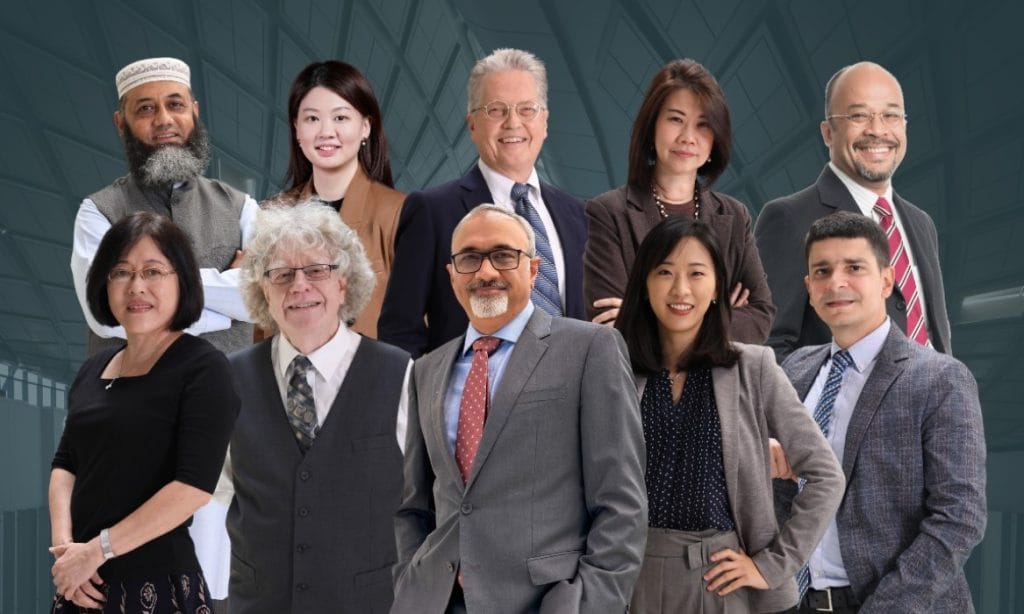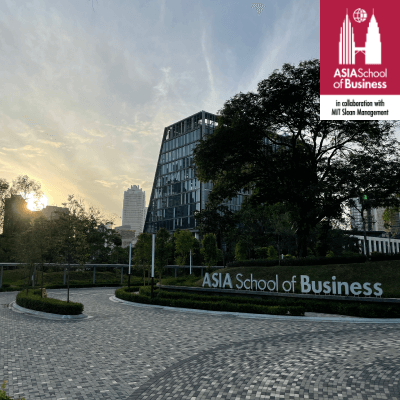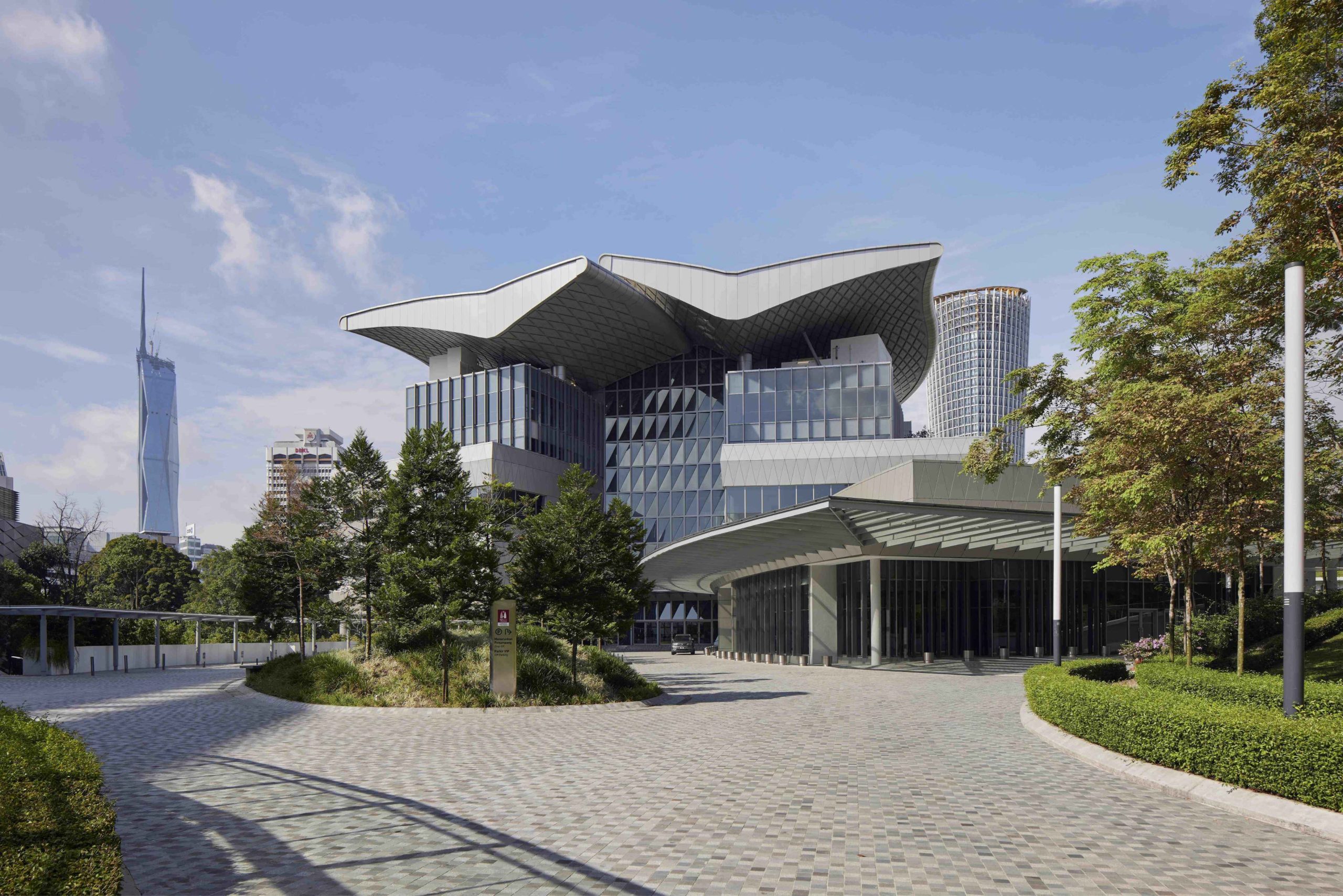- About

Established in 2015 in collaboration with MIT Sloan Management, our vision is to be a global knowledge hub, with regional insights from Asia and the emerging world.
- Faculty & Research

ASB’s research centers conduct impactful research in emerging markets, business strategies, technology, and sustainability. Together, they foster innovation in the business landscape.
- Academics

The ASB curriculum seamlessly integrates MIT Sloan’s rigor with the strategic insights of Asia. With MIT Sloan Immersion and Industry Treks, it immerses future leaders in a diverse range of industries.
- Executive Education


ASB provides executive education programs covering corporate governance, general management, and finance, including the mandatory Financial Institutions Directors’ Education (FIDE) programs.
- Innovation
- Corporate

ASB excels through dynamic collaborations, addressing business challenges with innovation, built on robust partnerships.
Executive Education- Sustainability
FIDE Elective: Climate Change: Impact on Banks & Role of the Board
(Registration Closed)
FIDE Elective: Climate Change: Impact on Banks & Role of the Board
(Registration Closed)
Closed
Date
N/A
Time
RM 3,000
Program Fee
N/A
Format
Closed
Date
N/A
Time
RM3,000.00
Program Fee
N/A
Format
Board of directors are responsible to provide strategic direction as well as oversight of risk management including with regards to climate risks for their organizations.
As such, it is incumbent upon all directors to gain a sound understanding of the manifold ways that climate change, directly or indirectly, impacts company profitability as well as the organization’s longer-term sustainability.
Directors must be aware that the call to climate action involves multi-stakeholder engagement given emerging trends in customer preferences and needs, investor motivation, and new legislation and regulatory frameworks as well as calls for increased transparency and disclosure. Even before the COVID-19 pandemic, climate change was an emerging risk that had deep and far-reaching impact on the global economy.
Both developed and developing economies have incurred substantial loss and damage associated with extreme weather events that have resulted in reduced production, disrupted supply chains and price increases. On top of this, some developed countries and their trade blocs have begun to levy special tariffs on carbon intensive imports on the pretext of addressing climate change.
To address these combined impacts, governments and private sector stakeholders are increasingly implementing measures aimed at reducing exposure and risk; as well as to ensure their products and services remain competitive and meet export market eligibility criteria.
This program will provide directors of banks with a broad understanding of the complex and inter-connected issues related to climate change including its causes, impacts, and implications for stakeholders and corporate sustainability in the real economy. The knowledge gained will help directors provide better oversight of the management of climate risks for their organizations.

- Draw from a working vocabulary and comprehension about the science of climate change – its causes and impacts, and the need for a global multilateral response.
- Understand how companies including bank clients can be exposed to direct and indirect climate impacts (physical risk) as well as market and regulatory shifts (transition risk) that can limit participation in, or bar access to markets.
- Understand the critical role of banks in promoting greener and more sustainable portfolios via a robust and comprehensive assessment of proposed economic activities.
- Learn what to look out for in terms of climate risk oversight and how to ask the right questions.
- Learn how to read bank sustainability reports and gain a handle on how to improve transparency through enhanced corporate disclosure.
- Bank Board of Directors
- Risk Committee Members of Bank Boards
- Chairmen of Bank Boards
- Anyone who might find this program helpful

Gary Theseira
Faculty Profile
Dr Gary Theseira has more than a decade of experience in Climate Change and Sustainability Policymaking. He is a Senior Research Officer at the Forest Research Institute Malaysia (FRIM) and a Consultant Technical Advisor to the Malaysian Green Technology and Climate Change Centre (MGTC).
He was seconded to the Ministry of Natural Resources and Environment Malaysia (NRE) as Deputy Undersecretary before serving under YB Yeo Bee Yin, then Minister of Energy, Science, Technology, Environment and Climate Change as Special Functions Officer. Dr Theseira holds a PhD. in Agronomy from Mississippi State University and conducted Post-Doctoral Research at the University of Minnesota.
Connect with us to start
FIDE Elective: Climate Change: Impact on Banks & Role of the Board
(Registration Closed)
RM 3,000
